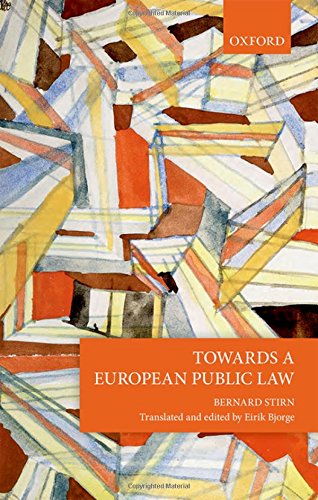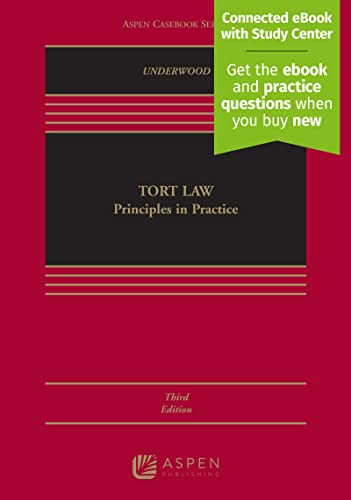The Psychology of Interrogations and Confessions, ISBN-13: 978-0470844618
[PDF eBook eTextbook]
- 706 pages
- ISBN-10: 0470844612
- ISBN-13: 978-0470844618
- Publisher : Wiley; 1st Edition (January 6, 2003)
- Author(s): Gisli H. Gudjonsson
- Language: : English
This volume, a sequel to The Psychology of Interrogations, Confessions and Testimony which is widely acclaimed by both scientists and practitioners, brings the field completely up-to-date and focuses in particular on aspects of vulnerability, confabulation and false confessions.
There is an unrivalled integration of scientific knowledge of the psychological processes and research relating to interrogation, with the practical investigative and legal issues that bear upon obtaining, and using in court, evidence from interrogations of suspects.
– Accessible style which will appeal to academics, students and practitioners
– Authoritative integration of theory, research, practical implications and vivid case illustration
– Coverage of topical issues like confabulation, false memory, and false confessions
False confessions do occur and no legal system can afford to deny that serious mistakes have been, and will continue to be, made without radical change.
The impact of psychological research and expert testimony on legal changes, police practice and legal judgements in England and Northern Ireland is unparalleled in the rest of the world and valuable lessons have been learned as a result. A number of high profile murder and terrorist convictions based largely on confession evidence have been quashed on appeal. In The Psychology of Interrogations and Confessions, Gisli Gudjonsson traces the scientific advances and relevant cases, many of which he was directly involved with, and demonstrates their legal and psychological significance.
The Psychology of Interrogations and Confessions is a comprehensive and authoritative handbook that demonstrates the crucial relationship between research and practice. In Part I, interrogation tactics used by the police in the USA and Britain are reviewed and the reasons why suspects confess to crimes are examined. In Part II, differences between English and American legal systems are highlighted and the concepts of suggestibility, compliance and acquiescence are discussed in detail, along with the effects of drugs and alcohol. Twenty-two leading disputed confession cases are presented and evaluated in Part III, showing how high court judges have become more sophisticated in the way they admit and rely on expert psychological and psychiatric testimony. Part IV provides a detailed discussion of seven high profile cases from outside Britain. They demonstrate how different legal systems approach, view and evaluate disputed confession evidence and expert testimony, providing material of international significance.
With its fascinating, detailed vignettes, The Psychology of Interrogations and Confessions is essential reading for clinical and forensic psychologists and others in the legal, psychological and psychiatric professions. Police officers will find many parts of the book directly applicable to their work, as will social workers and probation officers.
What makes us different?
• Instant Download
• Always Competitive Pricing
• 100% Privacy
• FREE Sample Available
• 24-7 LIVE Customer Support




Olivia Bryant (verified owner) –
Received my eBook within seconds, fantastic!